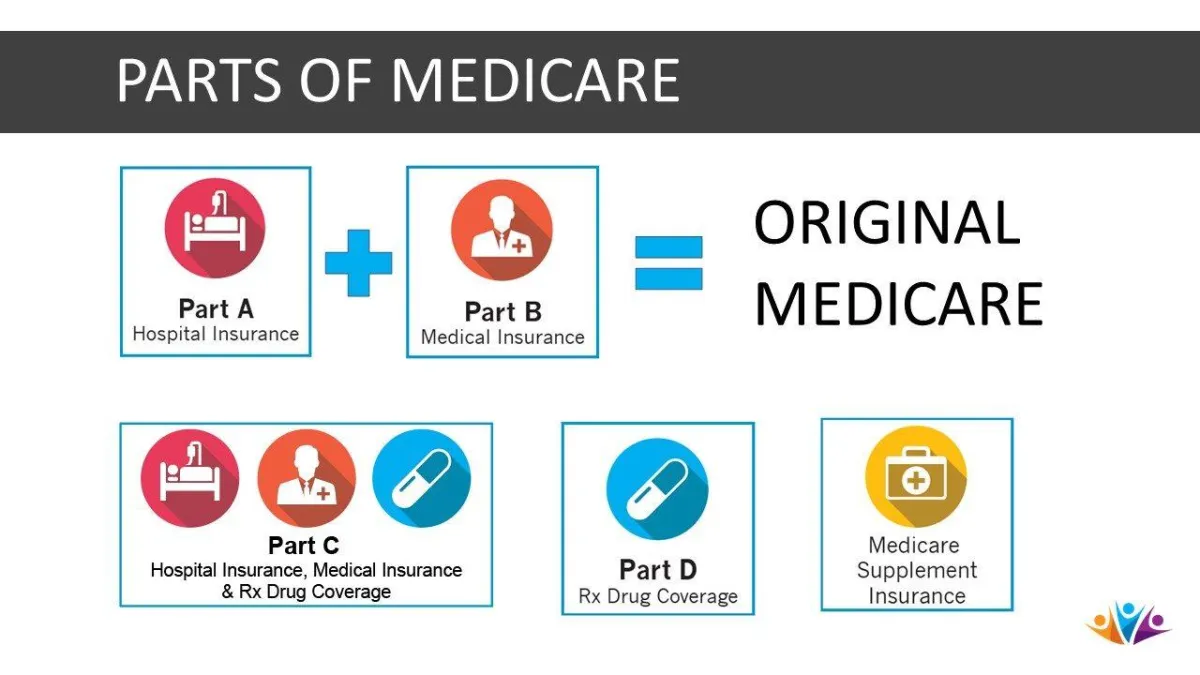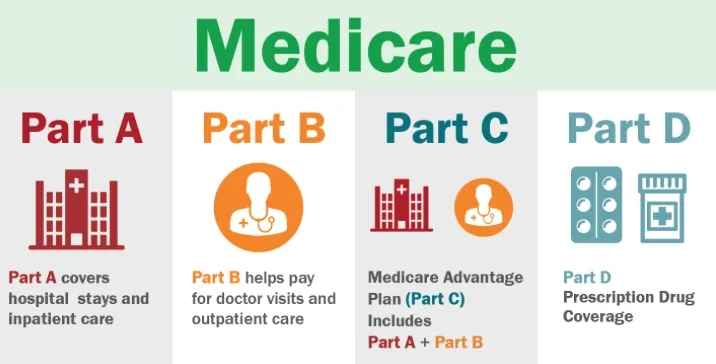
Selecting a Primary Care Physician?
Selecting a Primary Care Physician?
Key Takeaways
A Primary Care Physician is essential for managing and coordinating your care.
Customers that have HMO, POS and Catastrophic plans are required to have a PCP.
In these plans, policyholders must receive referrals from their PCP to see a specialist.
Some plans require that you choose a PCP from a list of approved, in-network practitioners.
What is a Primary Care Physician?
Required under some health insurance plans, a primary care physician (PCP) is a policyholder’s main point of contact for their medical needs. Primary care physicians manage the majority of their patients’ care, from preventative services such as immunizations and screenings to diagnosing and treating illnesses.
The types of health insurance plans that require a PCP are:
Health Maintenance Organization (HMO)
Point of Service (POS)
Catastrophic plans
These plans also require the policyholder to get a referral from their PCP in order to see a specialist.

What Services do Primary Care Physicians Provide?
A considerable advantage of having a PCP is that primary care physicians train to treat and diagnose conditions and illnesses across a broad spectrum. Although some primary care physicians specialize in certain areas. [i] The five most common types of PCP practices are:
Family medicine: These practitioners offer personalized care for everyone in your home, from the babies to the grandparents.
Internal medicine: Also called “internists”; these doctors are most familiar with treating patients that range from early adulthood to old age.
Pediatric medicine: These doctors care for patients from birth through childhood while monitoring key developmental milestones.
Internal Medicine-Pediatrics: Board certified in both Pediatrics and Internal Medicine; these practitioners can treat a wide range of patients.
OB-GYN: Short for Obstetrics and Gynecology, an OB-GYN specializes in women’s health. Many policyholders also choose to have a more broadly trained PCP in addition to their OB-GYN.
Do I Have a PCP?
If you don’t select a PCP at enrollment for an HMO, POS or catastrophic plan, the insurance company may choose one for you.
If you’re unsure whether you have a primary care physician, here are a few tips on finding out:
Check your insurance card. Some insurance companies include the name of the policyholder’s PCP on their cards for easy reference.
Call your insurance company. A quick call to customer service should answer most of your questions.

How Long Will Medicare Pay for Home Health Care?
Medicare will pay for home health care for the duration of time your doctor says you need the care. It’s common to wonder, does Medicare cover home health care, and for how long? Generally, your care is required to be on a part-time or intermittent basis. Medicare defines this requirement as:
Fewer than 8 hours a day.
Fewer than 28 hours per week.
Medicare may approve more care when it’s recommended and planned for by your doctor. [i]
Medicare recertifies your eligibility for these benefits every 60 days.
Your eligibility is assessed every 30 days if you receive therapy.
If your provider deems your treatment effective, you can receive another 30 days [i]
What are some other assisted-options I should be aware of?
There are a couple of options outside of home health care that you may consider, including:
Skilled Nursing Facility
Part A may cover care in a certified skilled nursing facility. It must be medically necessary for you to have skilled nursing care, e.g., changing sterile dressings.
Nursing Home
Your Medicare plan may cover respite care for a caregiver. This allows for a member to stay up to five days in a Medicare-approved facility, including a nursing home.
Assisted Living
Medicare does not cover room and board at nursing homes for long-term care. If you qualify for Medicare and Medicaid, your state’s Medicare program may offer some benefits for assisted living.

How Do I Select My PCP?
The most important steps are to understand your network and choose a physician that’s in-network. You can find this information in the comprehensive lists of approved services and providers. If you’re not sure, know who to ask. Reach out to the benefits specialist at your job or contact GoHealth and speak to a licensed insurance agent.
Next, be sure to check with your preferred doctor’s office to make sure they are accepting new patients; if not, you’ll need to select another doctor and wait until your desired PCP is accepting new patients.
Sources
Choosing a primary care provider . Medlineplus.go
This website is operated by DereneDerricotte, LLC., a licensed health insurance company. The website and its contents are for informational and educational purposes; helping people understand Medicare in a simple way. The purpose of this website is the solicitation of insurance. Contact will be made by a licensed insurance agent/producer or insurance company. Medicare Supplement insurance plans are not connected with or endorsed by the U.S. government or the federal Medicare program. Our mission is to help every American get better health insurance and save money.
Any information we provide is limited to those plans we do offer in your area. Please contact Medicare.gov or 1-800-MEDICARE to get information on all of your options.

